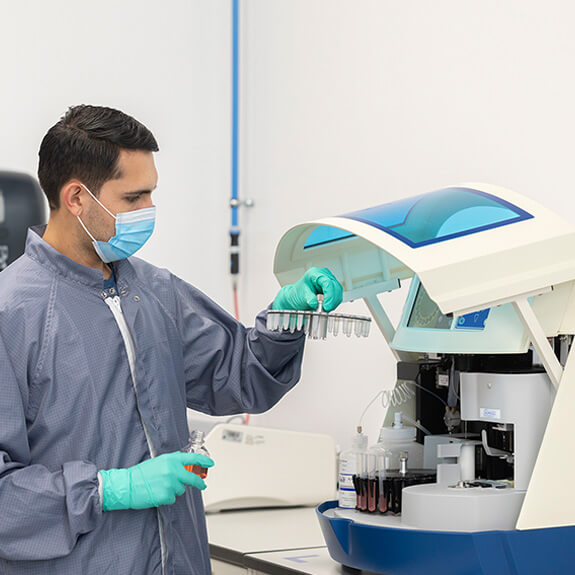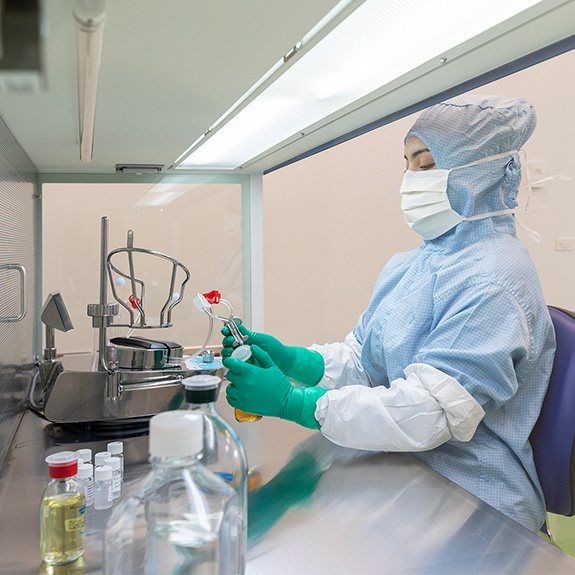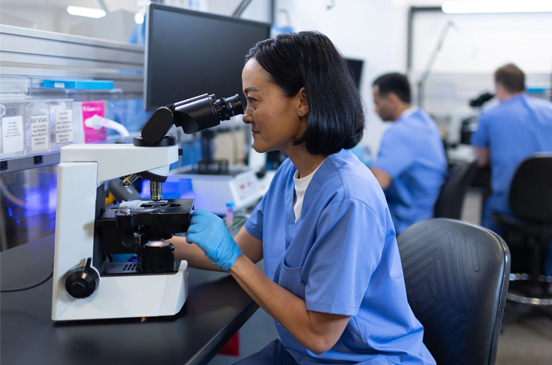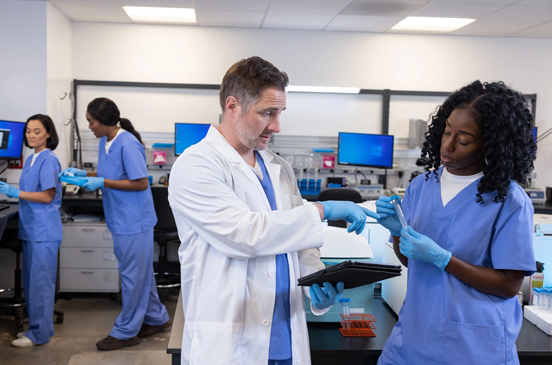Rooted In Excellence.
Growing Above And Beyond.
At CooperSurgical, we’re rooted in a dedication to upholding the highest standards and reaching new heights as a leader in the industry.

Healthcare Providers
CooperSurgical has been innovating in the fertility and women’s health field for nearly 35 years. As leaders in the industry, we have pioneered new technologies that are changing the landscape of how women, babies, and families are treated.
Patients
At CooperSurgical, we discover, engineer, and source highly effective products and services for impactful solutions that truly make a difference in the lives of healthcare providers and their patients.
About Us
We recognize every woman and family is unique and understand the wide range of health objectives from contraception to fertility, as well as general and surgical gynecological care. Our deep expertise and focus on fertility and women’s health has resulted in our specialized portfolio that allows providers, women, and families to achieve their goals.
Get In Touch With Us
We’d love to hear from you. How can we help?
Our Brands
From reproductive care to fertility, birth, and women’s health, CooperSurgical’s trusted family of brands provides innovative solutions throughout your patient’s lifetime.
Unleashed Talent – Global Impact
At CooperSurgical, every day we ask ourselves how we can get healthcare providers and the women, babies, and families they care for exactly what they need – faster. Working at CooperSurgical means YOU can make a difference in people’s lives. We have a restless drive to overcome challenges and ask what’s possible. We are a purpose-driven, dynamic team that cares about health, wellness, and making the world a better place.

Quality Control Inspector
This individual will be responsible for supporting the Operations Quality Assurance department adhering to FDA 2 1 CFR regulations, ISO 13485 and cGMP.

Senior Plant Manager
Plan, coordinate, control and direct manufacturing, material control, product assembly and manufacturing engineer to ensure continuous flow of production to meet customer needs.

Clinical Lab Technologist
Performs complex molecular-based procedures on clinical samples. Analyzes clinical results and provides diagnoses. Performs clinical tasks associated with clinical cases.
Support & Compliance
Our global team is committed to providing the highest standards of service and support.

Batch Certificates
Use this tool to enter your batch number and download the corresponding certificate of analysis.

Service
We offer a range of contract options to suit your needs: preventative maintenance and service, reliable access to spare parts, product training, and online handling of service requests.

Get In Touch With Us
We’d love to hear from you. How can we help?

